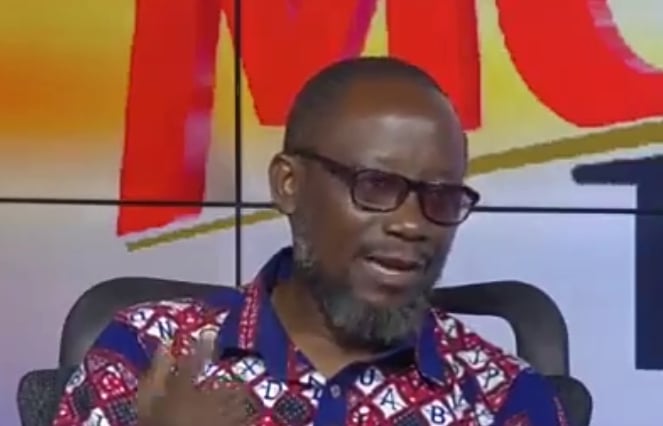Media and Political Communication Analyst and Lecturer at the University of Media, Arts, and Communication (UniMAC), Dr. Paul Herzuah has called for a major overhaul of Ghana’s Technical and Vocational Education and Training (TVET) system to align it with industry needs and empower youth.
Speaking on Morning Target on Bullet TV on June 17, 2025, Dr. Herzuah criticized the “weak implementation” of TVET and the negative perceptions holding it back from driving economic growth and tackling unemployment.
“The state of TVET isn’t in very good shape,” Dr. Herzuah said, noting that despite Act 1049 of 2020 providing a framework, “implementation is still far off from its achieved goals.”
Dr. Herzuah pointed to a widespread stigma among students, who often see TVET as inferior. “If you ask any average student passing out of senior high school to consider a TVET institution, they’ll draw back. They feel you think they are not good enough,” he said. He blamed this on poor awareness, stating, “We haven’t had very good education about TVET and its importance to national development.”
To change this, he urged intensive public education starting at the basic school level. “There should be a lot of education, especially for our children at the basic level, because that is where it should start,” he said, stressing that TVET and STEM (Science, Technology, Engineering, and Mathematics) are vital for Ghana’s future. “TVET is the future. I can’t understand why a country like Ghana is just playing around it,” he added.
On unemployment, Dr. Herzuah argued that TVET equips students with entrepreneurial skills to start businesses. “By the time you finish the program, you would have acquired motor skills. Even if the government doesn’t employ you, with a little assistance, you can start your own business,” he said. He criticized the dependence on white-collar jobs, noting, “We wait for government to give us employment. We have to change the trajectory and instill entrepreneurial skills.”
Dr. Herzuah called for increased government funding, slamming current low investment. “The investment is low. The next budget, they should put in substantial amounts to cater for TVET and STEM education,” he said, stressing the need for better facilities and more trainers. “We even lack trainers. How many of our human resources are within that angle of technical training?” he asked.
He advocated a national policy to involve industry players and ensure continuity across governments. “There should be a strong policy guiding TVET, not done in bits. It should be factored into the national psyche,” he said. He also pushed for technology transfer from countries like China and India, stating, “We need to get the right people to come and train our industry players and those learning here.”
Dr. Herzuah warned of severe consequences if Ghana lags. “If we continue the trajectory of the humanities and theoretical education, we will be left out,” he said, citing global shifts toward practical skills and automation. He proposed a 10- to 20-year plan to advance TVET, including training modules for unschooled but skilled individuals. “There should be modules for those who are unschooled yet highly skilled, and for those with intermediate or advanced education,” he suggested.
Looking back on missed opportunities, such as student innovations during COVID-19 like hand-washing equipment, he noted a lack of follow-through. “Ghanaians are practical innovators, but we need structures to push these skills,” he said, calling for grants and soft loans to sustain talent.


